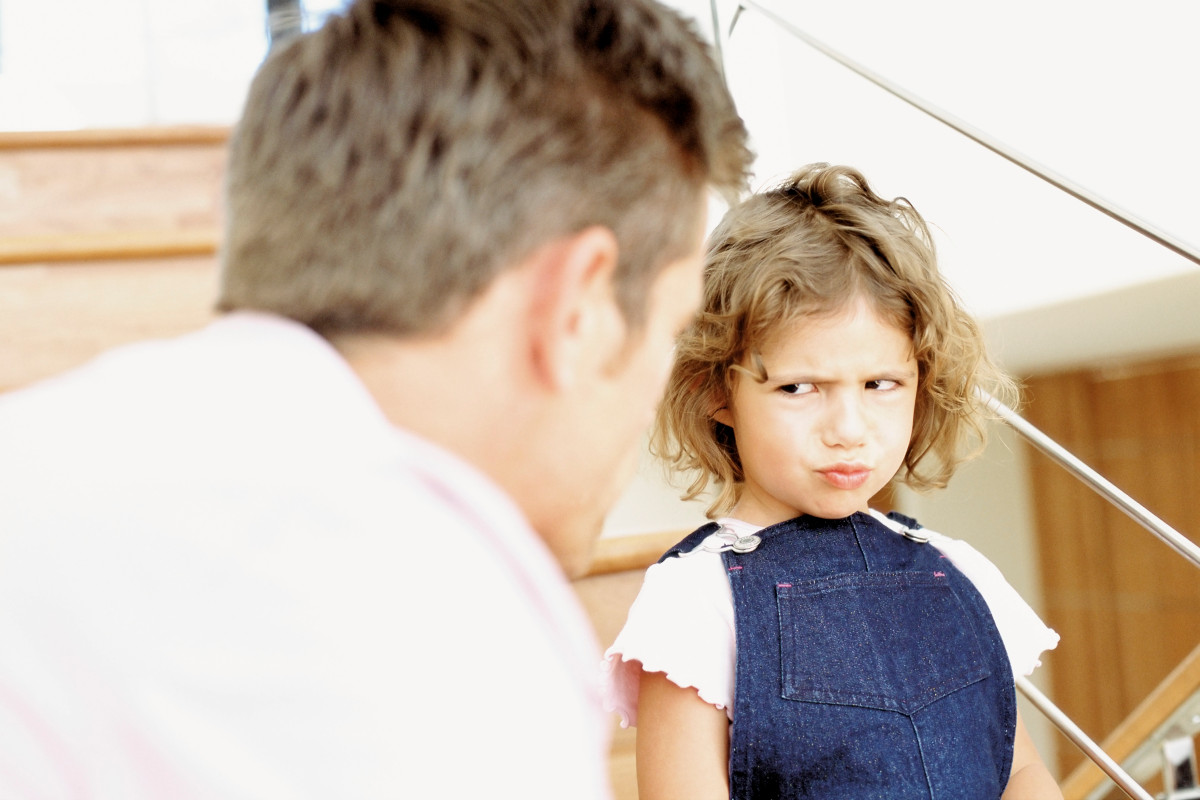
Becoming a mother is life-changing. It changes you as a person, and it changes the way you view others.
Motherhood is also an unpredictable journey. We have our own way of doing things, but also want a sympathetic ear from someone who is going through the same thing. Or we may be intrigued about the way other moms raise their kids, gaining a new perspective on our own parenting.
We’ve all been there — we all have different circumstances to deal with in our lives, and these ultimately frame the type of mothers we become. There are so many different ways to parent, and all are based on very personal reasons.
But as much as we may love our mom friends — let’s face it — we all get a bit judgmental when someone’s style differs greatly from our own.
There’s the perfectionist mom who tends to be a helicopter parent, hovering and seemingly judging your home and your kids, or the unpredictable mom who is intense and overly emotional, at times visibly angry or down in front of their kids – and yours.
There’s the “everybody’s best friend” mom (or “cool” mom to your kids) who treats her child like a buddy and sets no boundaries, leaving your kids to question why you are so strict and don’t let them do more, or the“drama queen” mother, who is always looking to you to give her a shoulder during her latest crisis or asks you to babysit all the time because she is too overwhelmed.
So what happens when you and a mom friend begin to clash in your parenting styles?
Does your mom friend criticize your parenting style, or offer unsolicited advice? Or do you cringe when you get the kids together because your approach is so different than hers?
Parents Magazine reported:
While friends don’t have to agree all the time, having different parenting philosophies can make it seem like you’re speaking totally different languages. “It can be polarizing when you get along with someone well but your parenting styles clash,” says Andrea Bonior, Ph.D., a psychologist in Washington, D.C.“The two of you may start to think, ‘What are we going to talk about if we can’t talk about how we are raising our kids?’”
Not to mention the fact that each time a friend disagrees with your parenting choices, it can feel like criticism. “When your friend tells you how she does something—and we all know people who believe their way is best—you might feel defensive or doubt yourself,” says Susan Newman, Ph.D., a social psychologist in New Jersey. “It feels like what you’re doing is being questioned, and that’s unnerving.”
But in the end, we all have a little bit of each of these parenting styles in us. We need to work to be empathetic, understanding the reasons for other moms’ actions and realizing that no friendship is perfect.
The best friendships are based on mutual respect and understanding, knowing why someone relates to their children the way they do based on their personal history – and often, as their friend, you have shared that history with them.
Parents Magazine suggests:
More often than not, moms aren’t looking for advice so much as someone to listen. “Being open and saying, ‘I’m here for you if you want to talk’ can go a long way.”
And don’t jump to conclusions or be judgmental:“Unsolicited advice will only create more conflict or tension,” she says. “If your friend asks for advice, absolutely share it. But be sensitive about how you offer it. Try, ‘This may not feel comfortable for you since I know we do a lot differently, but it has worked for us.’”
Sometimes as mothers, we forget that we can have friendships and feelings apart from our kids. Because our parenting styles are so personal, we may judge others for theirs, destroying friendships in the process.
The New York Times reported:
It’s a good idea to put ourselves in someone else’s shoes and then by all means, we will realize there are many ways to bring up our offspring.A few guidelines for staying friends with your buddies who have opposing views are:
- don’t judge others (I understand it is easier said than done but let’s work on it together)
- don’t be imprisoned by the idea that you must be a perfect parent 24/7
- don’t let specific parenting situations (you know, when things don’t go quite as planned) stress you out
- live and let live
- remember: you never need to measure up to others
But if you do have a close friend whose parenting style truly makes a negative impact on you and your kids, it may be time for a heart-to-heart. Lay down some ground rules about what to do and say when getting the kids together, and boundaries for respecting each other’s differences.
And sometimes, it may be wise to get together without the kids. All moms need some time away, and this may be an opportunity to reconnect without being in “mom mode.”
Above all, remember the good qualities that drew you to friendships with these other moms in the first place. Maybe you loved your friend’s sense of adventure, but dislike the freedom she gives her children. No parent is perfect, and there is no one way to do the most important job on earth.
We need other moms for support and companionship. If you are confident in your parenting and understand that other people feel just as strongly in their own techniques, you can be open to finding common ground.
Despite our differences as moms — or maybe because of them — we need to stick together on our parenting journey.
Do you have some good advice on dealing with mom friends who raise their children differently than you do? Leave us your thoughts in the comments.
